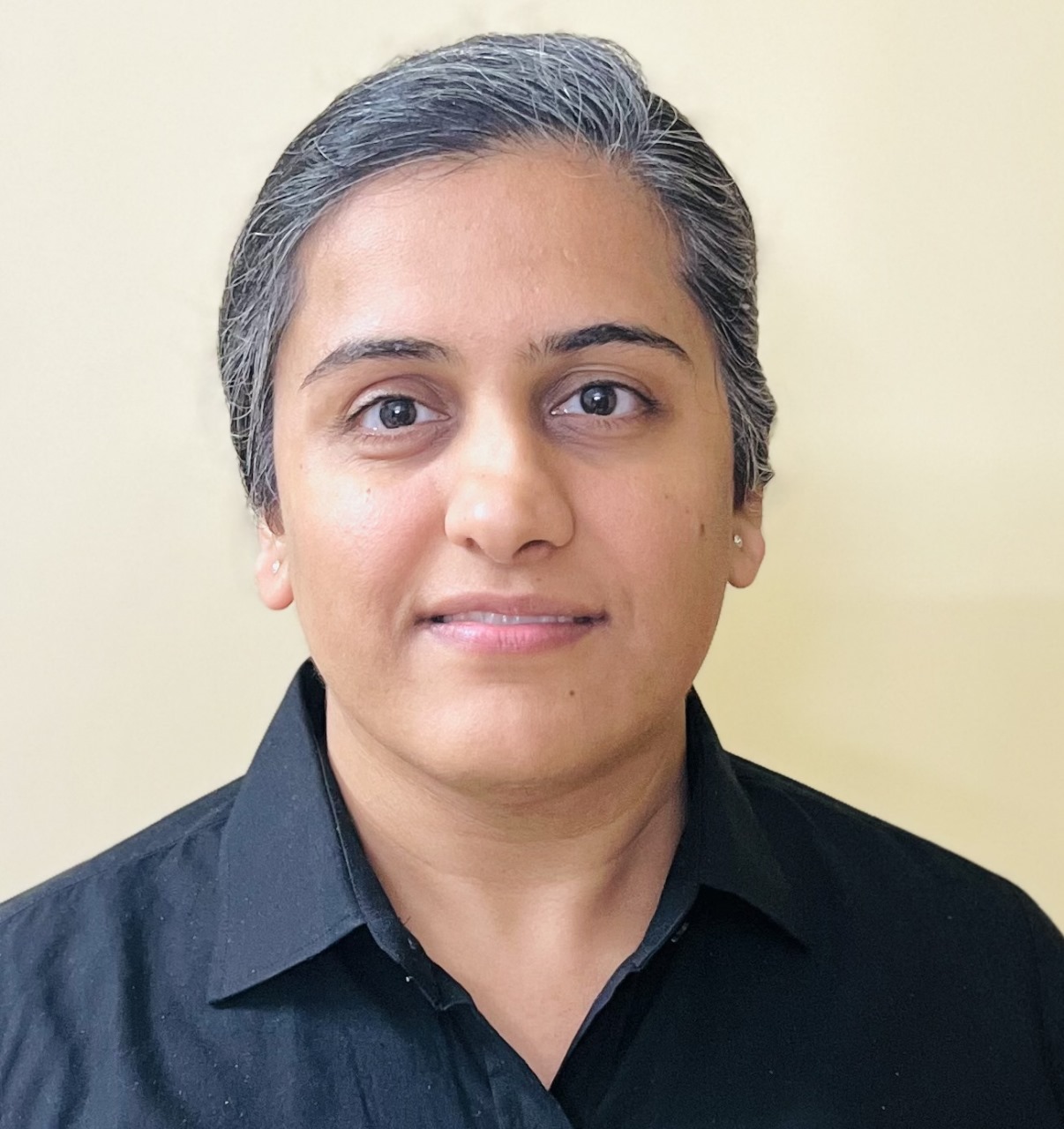From investing in renewable energy, affordable housing, and clean technology projects to investments in cooperatives and employee-owned businesses……. Sovereign Wealth Funds are increasingly aligning their investments with UN SDGs goals for 2030, actively seeking opportunities that contribute to positive societal and environmental outcomes.

The UN SDGs for 2030 have become a guiding compass for Sovereign Wealth Funds committed to ESG integration. The SDGs span a comprehensive spectrum of critical issues, encompassing poverty eradication, climate action, gender equality, clean energy, responsible consumption, and much more.
By aligning their investments with these ambitious global objectives, SWFs recognize not only their responsibility but also the potential for generating sustainable returns while creating positive societal and environmental impacts.
In a citiesabc interview with Hilton Supra, Vice Chairman of Ztudium, Dr. Ana Nacvalovaite, Research Fellow at Kellogg College, University of Oxford, said:
“ESG is itself ingrained in cooperative and employee-owned businesses, because it’s the community that comes together and really wants to look after its own people and their future generations, as well as the environmental angle.”
Promoting community-based sustainable projects
Promoting community-based sustainable projects encompasses the growing trend among Sovereign Wealth Funds (SWFs) to invest in initiatives that prioritize local communities and sustainable development. These projects often focus on leveraging resources to address pressing social and environmental challenges, particularly in developing nations. SWFs recognize their unique position as long-term investors and global stewards of wealth, and they increasingly direct their funds toward endeavors that align with the principles of environmental sustainability, social inclusivity, and responsible governance.
In Rwanda, agricultural waste management has been a significant challenge, and finding sustainable solutions is crucial for both environmental and economic reasons. The Rwandan government recognized this issue and initiated a project aimed at converting agricultural waste into valuable and marketable products while empowering local communities.
The Rwandan SWF recognized the potential of this project to generate long-term sustainable returns while creating positive social and environmental impacts. It allocated a portion of its portfolio to finance and scale up this community-based venture.
Through its investments, the SWF facilitated the acquisition of modern equipment for waste processing and product manufacturing. This infusion of capital enabled the project to expand its operations, reach more communities, and generate higher revenues from the sale of bioenergy, organic fertilizers, and handicrafts.
“It is all about inclusive innovation and building bridges and relationships. If you bring governments and businesses to the same platforms, it could help adopt an inclusive approach that involves developing products and services focussed on ensuring that ESG is at the heart of communities and profit”, Dr. Ana says.
By actively engaging in community-based sustainable projects, SWFs aim to create a positive impact at the grassroots level while also pursuing financial returns that are consistent with their long-term objectives.
How does a Sovereign Wealth Management ensures transparency and accountability
“We are living in a society that is more transparent than ever, arguably because of the access to technology and social media. Consumers are asking questions, and rightfully so. It is important to have accountability in any business, and governments are not excluded from that”, Dr. Ana tells Hilton.
The Santiago Principles, a set of best practices developed by the International Working Group of SWFs, play a central role in promoting these values. These principles provide guidelines for SWFs to operate in a transparent, accountable, and responsible manner, fostering trust among stakeholders and the broader global financial community. By adhering to these principles, SWFs commit to disclosing relevant information about their investment strategies, governance structures, and financial performance. This commitment goes a long way in ensuring that SWFs are accountable for their actions and aligned with international norms.
The Qatar Investment Authority (QIA) is a prime example, known for its adherence to transparency standards and the Santiago Principles. QIA provides regular updates on its investment strategy, holdings, and financial performance, ensuring that its stakeholders, including the Qatari government and global investors, have clear insights into its operations. This commitment to transparency has enhanced QIA’s reputation as a responsible and accountable SWF, fostering trust and confidence in its investment decisions, both domestically and internationally.

Pallavi Singal is the Vice President of Content at ztudium, where she leads innovative content strategies and oversees the development of high-impact editorial initiatives. With a strong background in digital media and a passion for storytelling, Pallavi plays a pivotal role in scaling the content operations for ztudium’s platforms, including Businessabc, Citiesabc, and IntelligentHQ, Wisdomia.ai, MStores, and many others. Her expertise spans content creation, SEO, and digital marketing, driving engagement and growth across multiple channels. Pallavi’s work is characterised by a keen insight into emerging trends in business, technologies like AI, blockchain, metaverse and others, and society, making her a trusted voice in the industry.








